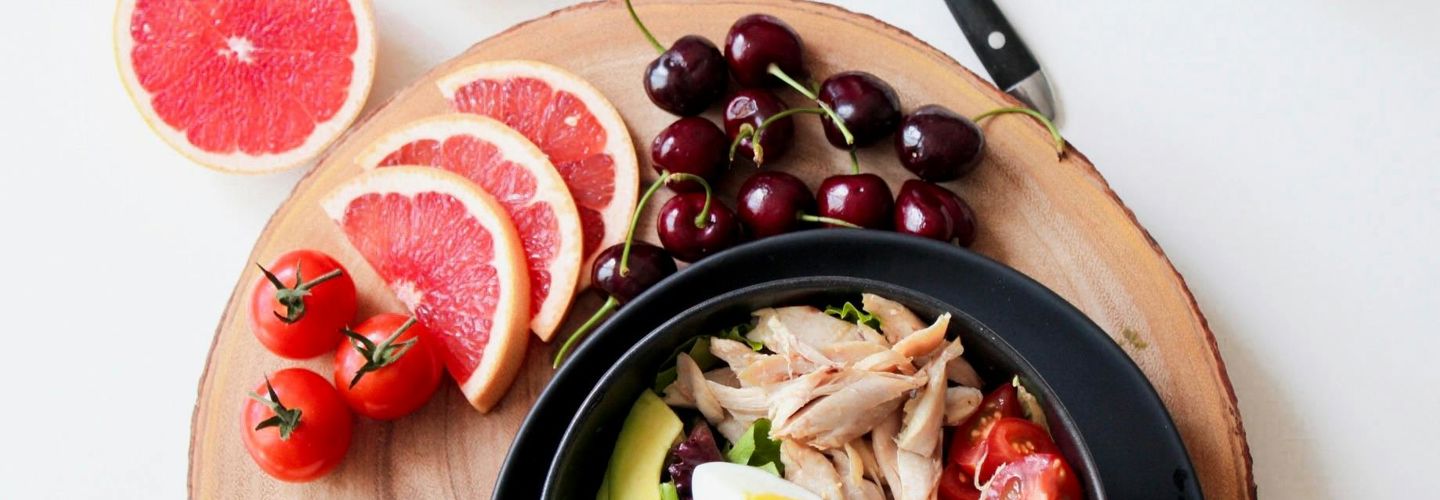
Top tips for caring for the elderly - making nutrition a priority
Published: 03/01/2025
We all know that a good diet is essential no matter what age we are, but for an elderly person, it’s even more important due to the way their body is changing. Aging can lead to a reduction in muscle mass, a slower metabolism and changes in their digestion, so a nutritious, balanced diet is a must.
The benefits of proper nutrition
- Helps protect muscle and bone health. Protein in an elderly person’s diet is essential for helping protect against muscle wasting and maintaining bone strength. Nutrients such as calcium, vitamin D and magnesium also support bone density, which helps reduce the risk of fractures and osteoporosis.
- Digestive health. Fibre-rich foods, good hydration and probiotics all help towards improving digestive health as many elderly people can suffer with gastrointestinal issues and constipation.
- Supports immune function. Elderly people are more susceptible to picking up illnesses due to a weakened immune system, so a diet rich in vitamins A, C and E, zinc and selenium can help.
- Supports brain health. Omega-3 fatty acids, antioxidants and B vitamins are great for supporting brain health and have been shown to reduce the risk of cognitive decline, enhance memory and support mood.
Tips for improving nutrition
If you’re caring for an elderly person, there may be some obstacles they face when it comes to maintaining a good diet. This can include loss of appetite, dental issues and limited mobility, but some practical tips from our CareGivers include:
- Prioritise hydration. Elderly people are more susceptible to dehydration, which can exacerbate other health issues, so encourage regular water intake by offering hydrating foods such as soups and fruit and regularly remind them to drink plenty of water throughout the day.
- Prioritise foods high in vitamins and minerals. Fruits, vegetables, proteins and whole grains are great for balanced nutrition, just be mindful of portion sizes.
- Encourage social eating. Sharing meals with other people is great for an elderly person’s emotional wellbeing and can improve appetite. If you can, arrange meals with family or friends or attend groups in the community where meals are offered.
If you’re caring for an elderly person who is a close friend or family member, you’ll know them best and will be aware of their unique needs and challenges. Focusing on proper nutrition and a balanced diet can enhance an elderly person’s quality of life and support their physical and emotional health.
How care from Right at Home North Somerset can help
Of course, if you’re no longer able to care for the elderly person in your life, we can step in and help.
We offer a variety of care services, which are customised to each individual through a Personal Care Plan, and are provided by our highly-experienced CareGivers, who are the best in the business, if we do say so ourselves.
We know that healthy eating is a big part of life and can be a huge factor in a person’s wellbeing. If you are concerned that a family member or loved one may be struggling with their nutrition or dietary requirements, Right at Home can help. Our services can support you to create balanced and nourishing meals with our meal preparation service.
Our CareGivers are there to aid quality of life for all Clients and always encourage a healthy lifestyle including hydration and keeping active.
